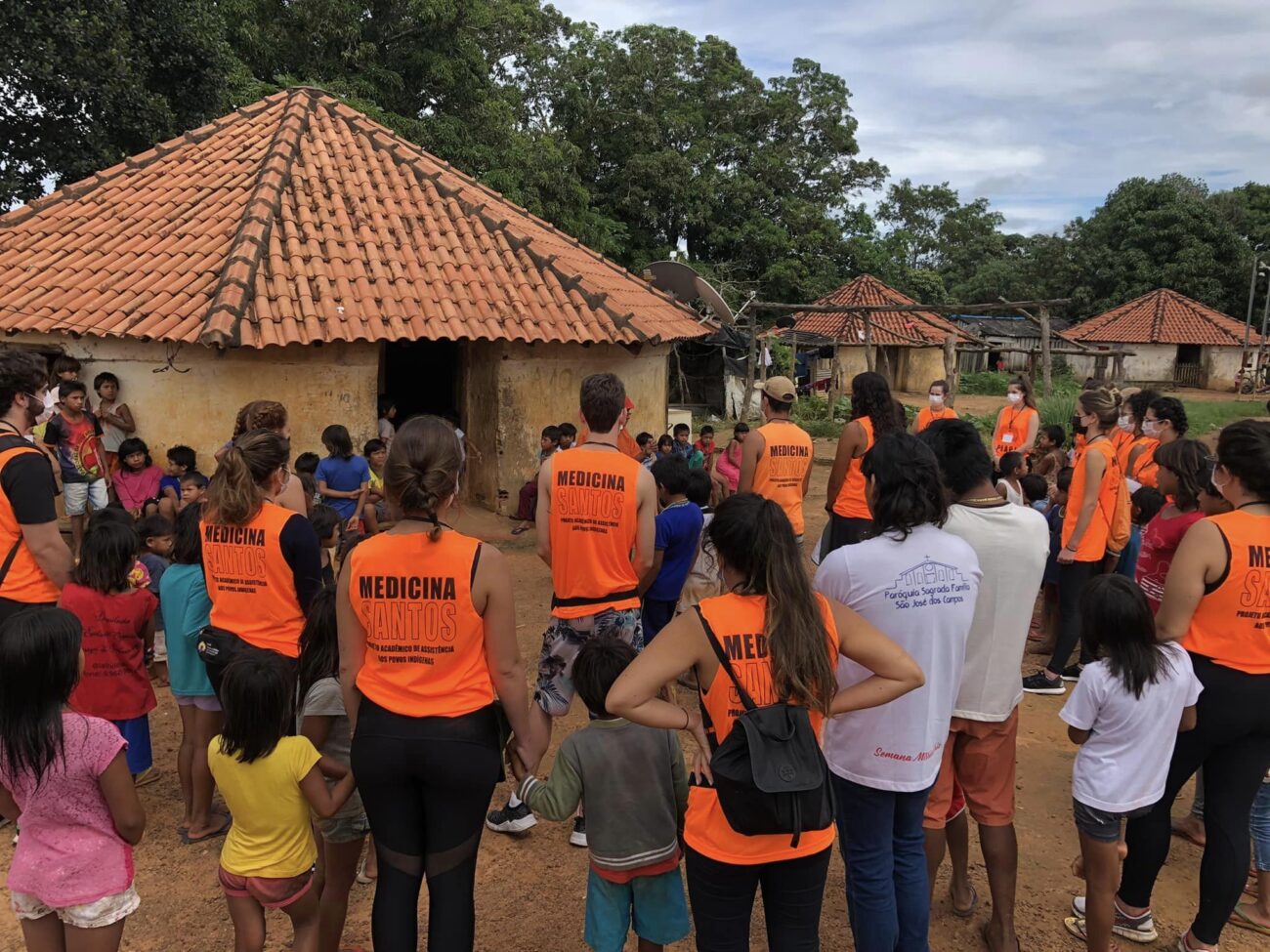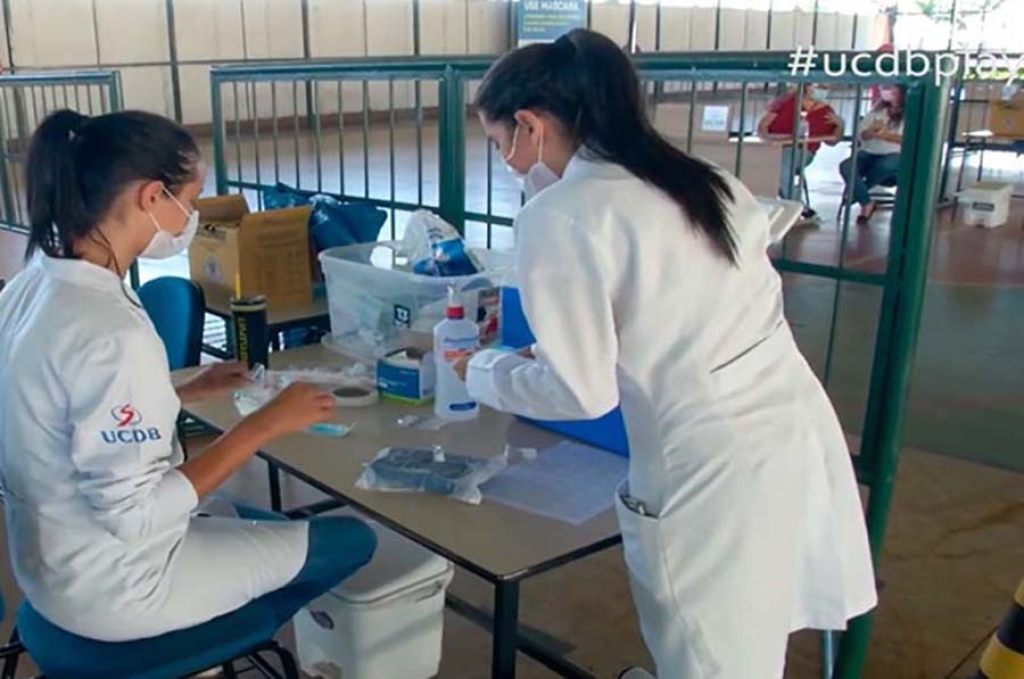BRAZIL: President Obama Speaks About Don Bosco During Visit
(MissionNewswire) During an address to Brazilian businessmen March 19, 2011, the President of the United States, Barack Obama, mentioned Don Bosco’s dream about the city of Brasilia. The president had been on a visit to Brazil to extend and improve political and commercial links between the two countries especially with regard to oil.
Toward the end of his talk (which lasted about 20 minutes), Obama said, “Brasilia is a young city – it will turn 51 next month. But it began as a dream more than a century ago. In 1883, Don Bosco, Brasilia’s patron saint, had a vision that one day, a capital city of a great nation would be built between the 15th and 20th parallels. It would be a model for the future and ensure that opportunity was the birthright of every Brazilian”.
“And today, this city and this country are indeed a model for the future, showing the world that democracy is still the best partner of human progress. As friends and neighbors who have lived the same story, we are eager to be a part of your future, and fulfill our American Dream together.”
It was quite fitting that the president mentioned Don Bosco, according to Father Mark Hyde, director of Salesian Missions in New Rochelle, NY. Don Bosco was an Italian Catholic priest who “devoted his life to fulfilling the needs of orphans and vulnerable children”. In 1859, he founded the Salesians of Don Bosco, now the second largest order of the Catholic Church. The Salesians are made up of 34,000 Priests, Brothers and Sisters serving in more than 130 countries around the globe – including Brazil “where the need is great,” added Fr. Hyde.
Nearly one fourth of Brazilians live in poverty and 6.6% live in extreme poverty, according to a 2008 UNESCO (United Nations Educational, Scientific and Cultural Organization) report. While Brazil is making positive changes, there are still large gaps between the poor and the rich.
In Brazil, Salesians focus on ensuring at-risk children and youth have their basic needs met, so that they can work for a better future. For example, at the Salesian Community Center in Porto Alegre, street children receive three nutritious meals a day, clean clothing, medical care, schooling and a safe place to get much needed rest.
At the Don Bosco Youth Center in Cabana, Brazil, youth from the slums of Cabana take part in socio-educational opportunities to help close educational gaps. According to the Salesian Missions website, approximately 80 percent of parents work in the informal sector, and youth often face drugs, violence and unemployment on a daily basis.
A brand new Salesian Center is providing a positive alternative for street children in the city of Abaetetuba. The abandoned and at-risk child and youth can take part in wide variety of healthy and productive activities. The Center includes a recreation facility where children are able to participate on teams, make friends and gain a sense of accomplishment.
The government of Brazil is committed to bringing universal education to the country. Still, inequalities in education remain in access to education and educational efficiency, according to the UNESCO report. These inequalities are greatest for children and youth who are poor, live in rural areas or who have an incomplete compulsory education.
Sources:




